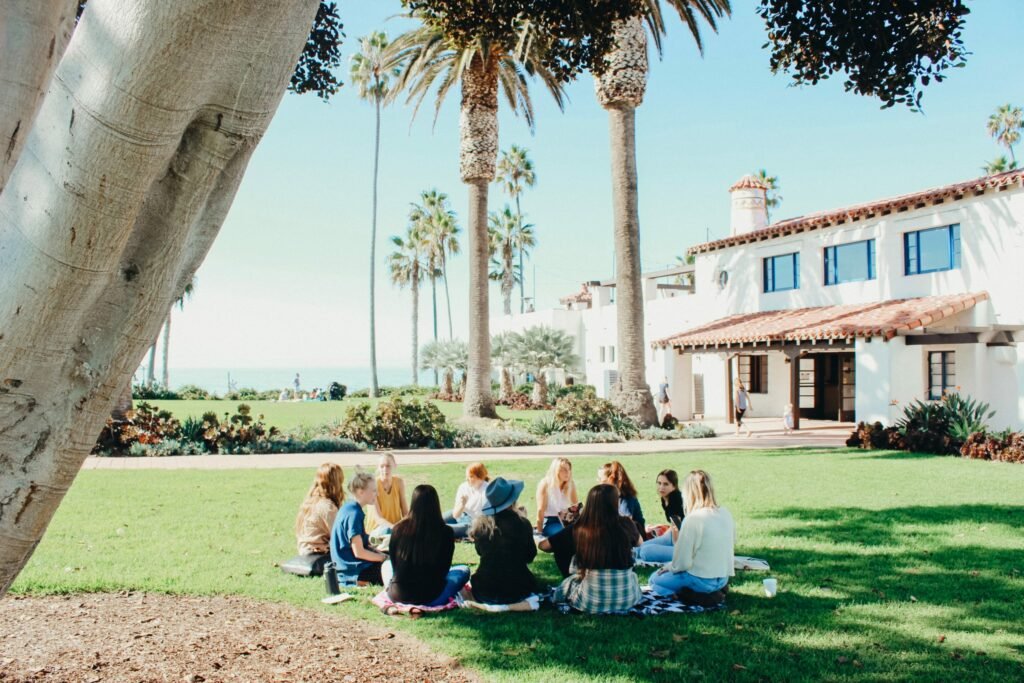Goals:
The general objective of this field of action is to create a strong community, spanning our campuses, based on common values, knowledge, languages and interests, between and among students, teachers, researchers and non-academic staff. We consider community-building and the creation of a collective feeling of belonging among students and staff a key objective for the construction of our European University. As a result, this field of action takes on a central role within the project: by developing a shared identity of ERUA students and staff and by yielding sustainable impact, it shoulders one of the main tasks in the implementation of our consortium and reinforces the processes that contribute to developing a shared European identity among all the members of the Alliance.

Measures:
We believe that the community building should put the main attention on staff and professional development – always including academic and non-academic staff. This is why we place specific emphasis on staff, since this is where identity and the feeling of belonging are fostered in a durable fashion.
The main activities are located in the field of staff capacity building, language policy, mobility and diversity. More precisely, we are focusing on four specific targets:
Contacts:
Dr. Eva Dade: ERUA@uni-konstanz.de
| Cookie | Duration | Description |
|---|---|---|
| cookielawinfo-checkbox-analytics | 11 months | This cookie is set by GDPR Cookie Consent plugin. The cookie is used to store the user consent for the cookies in the category "Analytics". |
| cookielawinfo-checkbox-functional | 11 months | The cookie is set by GDPR cookie consent to record the user consent for the cookies in the category "Functional". |
| cookielawinfo-checkbox-necessary | 11 months | This cookie is set by GDPR Cookie Consent plugin. The cookies is used to store the user consent for the cookies in the category "Necessary". |
| cookielawinfo-checkbox-others | 11 months | This cookie is set by GDPR Cookie Consent plugin. The cookie is used to store the user consent for the cookies in the category "Other. |
| cookielawinfo-checkbox-performance | 11 months | This cookie is set by GDPR Cookie Consent plugin. The cookie is used to store the user consent for the cookies in the category "Performance". |
| viewed_cookie_policy | 11 months | The cookie is set by the GDPR Cookie Consent plugin and is used to store whether or not user has consented to the use of cookies. It does not store any personal data. |